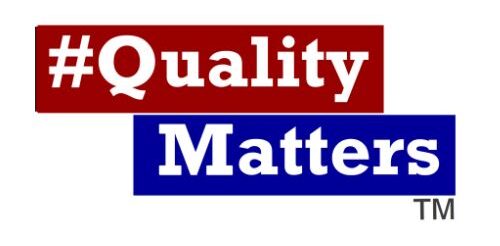Podcast: Play in new window | Download (Duration: 35:08 — 32.2MB) | Embed
Subscribe: Apple Podcasts | Spotify | TuneIn | RSS | More
📢 Navigating Ethics & Responsibility in Quality Inspections
🚀 The Toughest Decisions in Quality & Compliance
Every day, inspectors, engineers, and managers make critical decisions that impact safety, compliance, and ethics. But what happens when the right decision isn’t clear?
In this episode of #QualityMatters, Kyle Chambers and Caleb Adcock from Texas Quality Assurance, home of TQA Cloud QMS Software, explore the ethical dilemmas, responsibilities, and challenges professionals face in quality control, workplace safety, and compliance.
🔎 Key Takeaways:
✔️ When does testing for asbestos create more problems than it solves?
✔️ The inspector’s responsibility—is it ever okay to question an engineer’s sign-off?
✔️ The fine line of whistleblowing—when should you speak up?
✔️ Welding inspections & ethics—does appearance matter, or just integrity?
✔️ How to handle workplace safety violations without overreacting.
If you work in quality, safety, or compliance, this episode will challenge how you think about responsibility, ethics, and decision-making in high-stakes environments.g conversation—it’s a must-listen for anyone passionate about quality management and workplace innovation.
QualityMattersPodcast, #QualityControl, #RiskManagement, #Ethics, #WorkplaceSafety, #Inspection, #Engineering, #Manufacturing, #Compliance, #TQACloud, #TexasQualityAssurance
